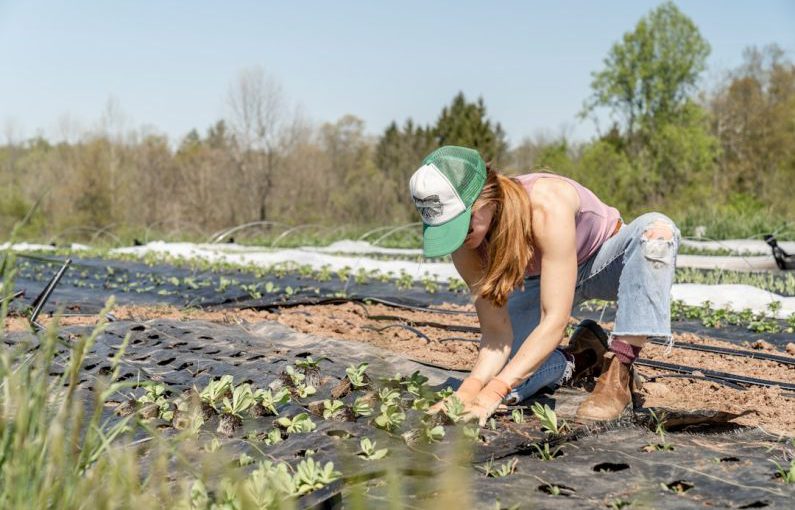Sustainable agriculture has been gaining traction in recent years as a promising investment opportunity for individuals and institutions looking to make a positive impact on the environment while also generating financial returns. This innovative approach to farming focuses on long-term viability, environmental health, and social equity, making it a compelling choice for those seeking to align their investments with their values. In this article, we will explore the benefits of sustainable agriculture as an investment opportunity and why it has the potential to deliver both financial and environmental returns.
The Rise of Sustainable Agriculture
Sustainable agriculture is a response to the growing recognition of the environmental and social challenges facing traditional farming practices. With issues such as soil degradation, water scarcity, and climate change threatening the long-term viability of agriculture, there is a pressing need for more sustainable and resilient farming methods. Sustainable agriculture aims to address these challenges by promoting practices that conserve natural resources, minimize pollution, and support the well-being of farmers and local communities.
Environmental Benefits
One of the key advantages of investing in sustainable agriculture is the positive impact it can have on the environment. By implementing practices such as crop rotation, cover cropping, and agroforestry, sustainable farmers can improve soil health, reduce erosion, and enhance biodiversity on their land. These practices not only benefit the environment but also contribute to the long-term productivity and resilience of the farm. In addition, sustainable agriculture can help mitigate climate change by sequestering carbon in the soil and reducing greenhouse gas emissions from farming operations.
Financial Returns
In addition to its environmental benefits, sustainable agriculture also offers attractive financial returns for investors. By adopting sustainable practices, farmers can improve the efficiency and productivity of their operations, leading to higher yields and lower input costs over time. Sustainable farms are also better positioned to weather the impacts of climate change, such as droughts and floods, which can devastate conventional farms. As consumer demand for sustainably produced food continues to grow, farmers who embrace sustainable practices are well-positioned to capture premium prices in the market.
Social Impact
Investing in sustainable agriculture also has significant social impact potential. By supporting farmers who prioritize the well-being of their workers, communities, and ecosystems, investors can help create a more equitable and sustainable food system. Sustainable agriculture promotes fair labor practices, community engagement, and local economic development, contributing to the overall health and resilience of rural communities. By investing in sustainable agriculture, individuals and institutions can play a role in building a more just and sustainable food system for future generations.
Opportunities for Investment
There are a variety of ways to invest in sustainable agriculture, ranging from direct investments in farmland to investments in sustainable food companies and agricultural technology firms. Impact investing funds and sustainable agriculture-focused venture capital funds offer opportunities for individuals and institutions to support innovative and impactful agricultural projects. By diversifying their investment portfolios to include sustainable agriculture, investors can not only generate financial returns but also contribute to positive social and environmental outcomes.
In conclusion, sustainable agriculture presents a compelling investment opportunity for individuals and institutions looking to make a positive impact on the environment while also generating financial returns. By supporting farmers who prioritize environmental stewardship, social equity, and long-term viability, investors can play a role in building a more sustainable and resilient food system. With its potential for environmental, financial, and social returns, sustainable agriculture is a promising choice for those seeking to align their investments with their values.





